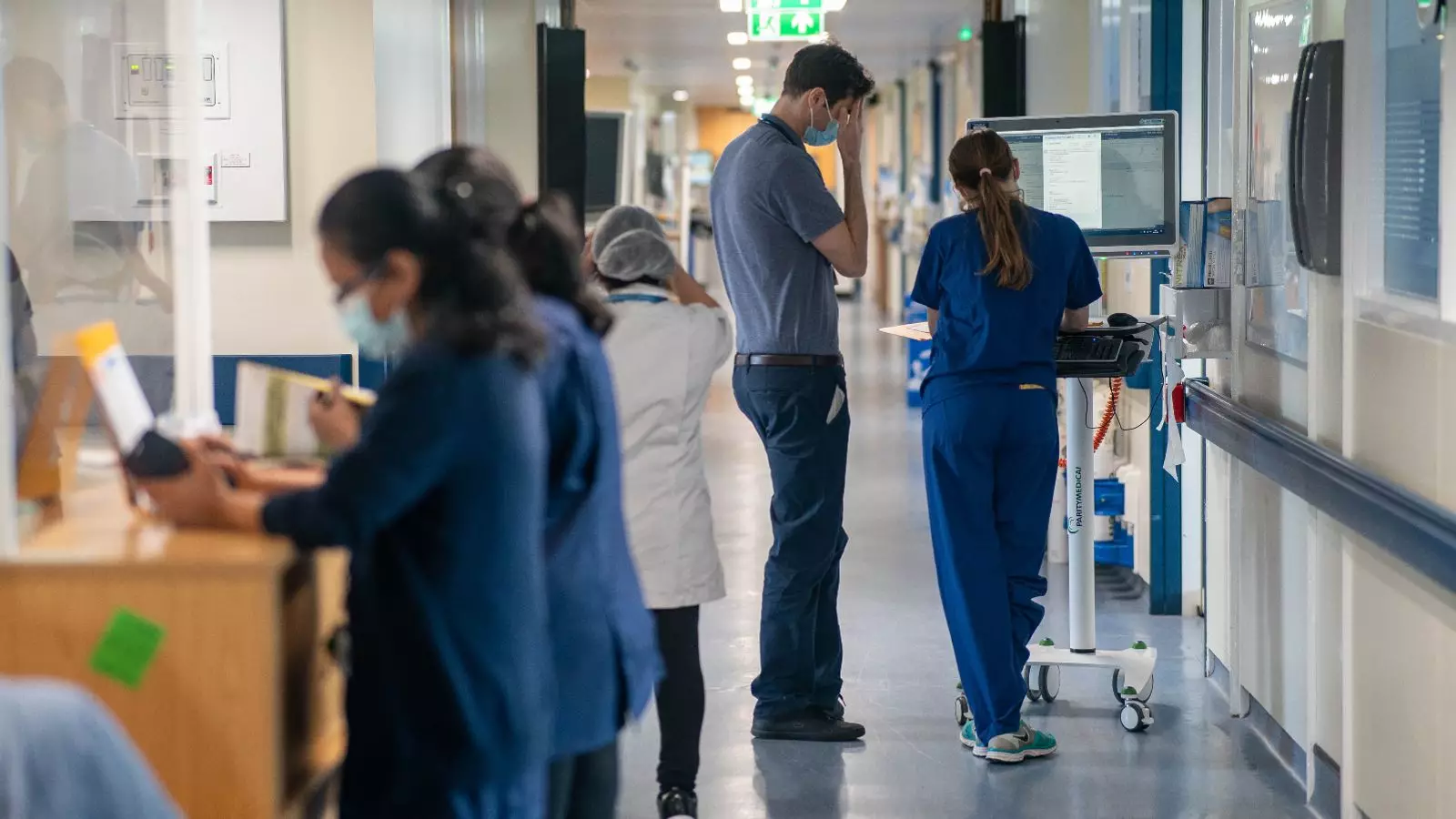The National Health Service (NHS) has been a cornerstone of the United Kingdom’s healthcare system for decades. However, recent findings from a long-running poll have revealed a concerning trend – public satisfaction with the NHS has plummeted to the lowest level on record. According to the British Social Attitudes poll, only 24% of people reported being satisfied with the health service in 2023.
The main reasons cited for this dissatisfaction include poor access to General Practitioners (GPs) and long wait times for hospital treatment. These issues have been a persistent problem for many years, and they seem to have reached a breaking point in the eyes of the public. The survey, which included over 3,000 participants from England, Scotland, and Wales, highlighted the urgent need for improvement in these areas.
From Accident and Emergency (A&E) services to dentistry, satisfaction levels with every aspect of the NHS are at or near historic lows. Social care services fared even worse, with only 13% of respondents expressing contentment. The overall picture painted by the poll is one of widespread discontent and frustration with the current state of healthcare in the UK.
When asked about the most important priorities for the NHS, respondents identified several key areas for improvement. Making it easier to get a GP appointment was cited by 52% of participants, while 51% emphasized the need to increase staff numbers. Improving waiting times in A&E and for planned operations were also high on the list, with 47% and 45% of people prioritizing these issues, respectively.
Despite the sharp decline in satisfaction levels, support for the founding principles of the NHS remains unwavering. The core values of the health service – free at the point of use, available to everyone, and funded primarily through taxes – continue to resonate with the public. This indicates that people do not want a fundamental change to the NHS model; rather, they want to see the system they have come to rely on function effectively.
The report analyzing the poll results starkly characterizes the current state of the NHS as a “continual state of crisis.” Over the past decade, the health service has faced challenges such as squeezed funding, chronic workforce shortages, and the impact of a global pandemic. These factors have contributed to the significant decline in public satisfaction levels, which have fallen by 29 percentage points since 2020.
Government Response
In response to the findings of the poll, calls have been made for political leaders to address the growing discontent with the NHS. A substantial majority of respondents (84%) believe that the health service is facing a severe funding problem. Nearly half (48%) of participants expressed a preference for increasing taxes and allocating more resources to the NHS, particularly those with higher monthly incomes.
As the NHS grapples with rising public dissatisfaction, it is evident that significant changes are needed to restore faith in the healthcare system. The upcoming general election presents an opportunity for political leaders to prioritize healthcare investment and address the systemic issues that have eroded public trust. Only by demonstrating a clear commitment to improving the NHS can policymakers hope to regain the confidence of the British public.


Leave a Reply